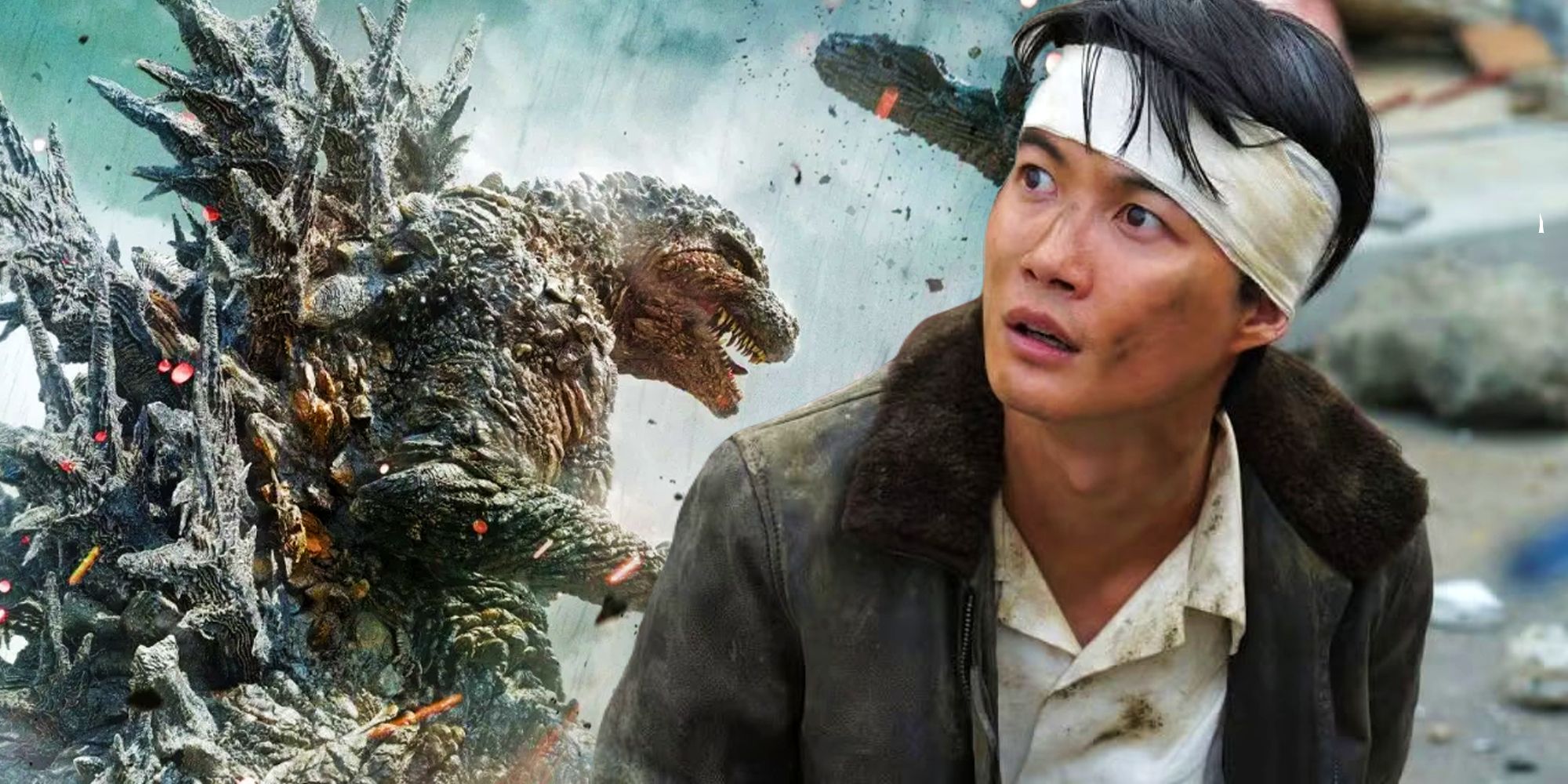
One of the more refreshing elements of Godzilla Minus One is its human story. The human characters on display are much more impressive than the Monsterverse’s recent attempts at similar stories. In this way, the recent film solidifies one of the ways in which it breaks the recent mold of Godzilla theatrical installments. Following on from this, another way in which Godzilla Minus One breaks conventions of late is through its somewhat confusing title, though the film’s story makes clear the meaning of the intriguing subheading for the most recent Godzilla movie in no time at all.
The Real Meaning Of Godzilla Minus One’s Title
Godzilla Minus One’s Meaning Reflects The State Of Japan In The Movie
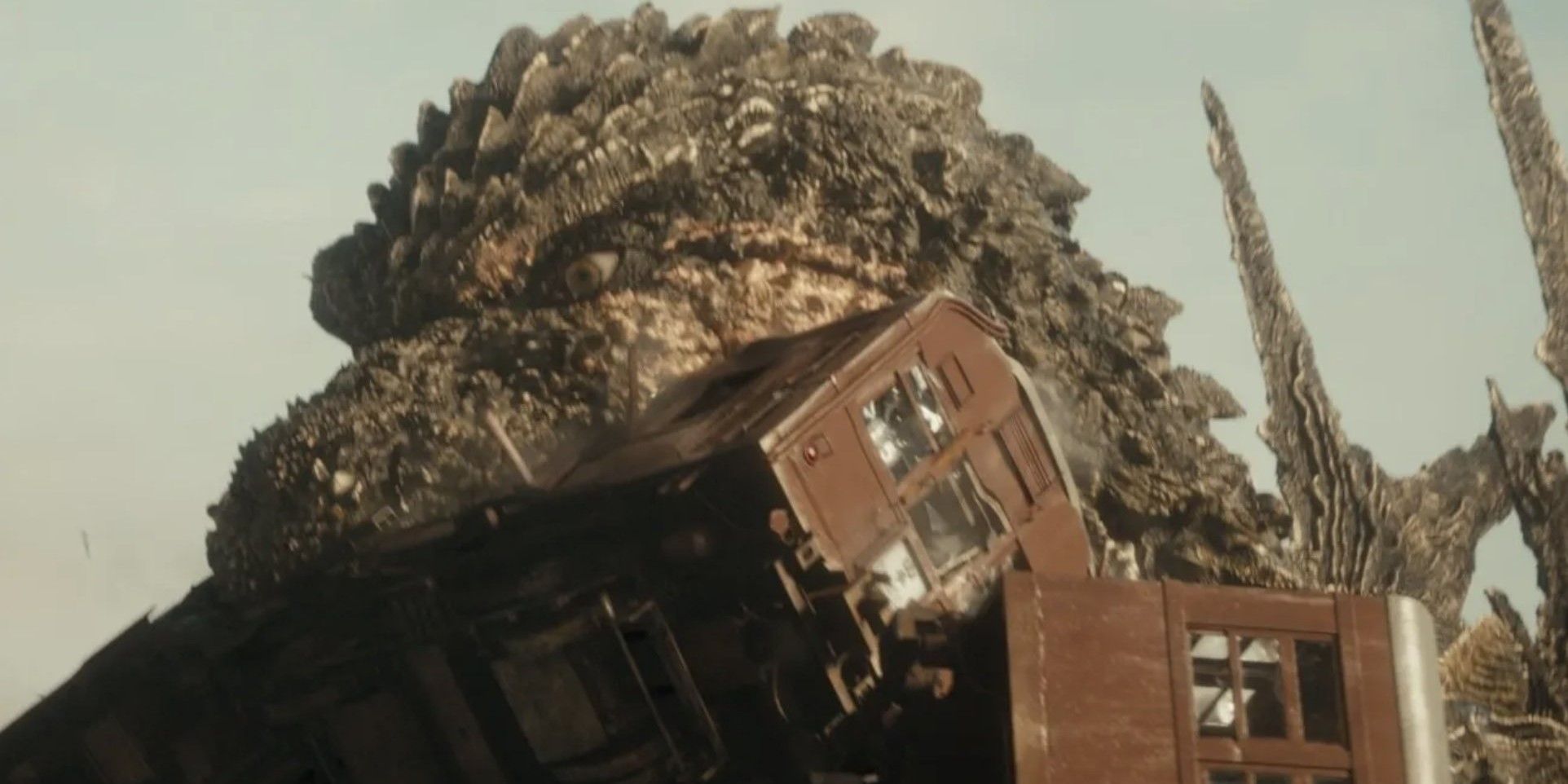
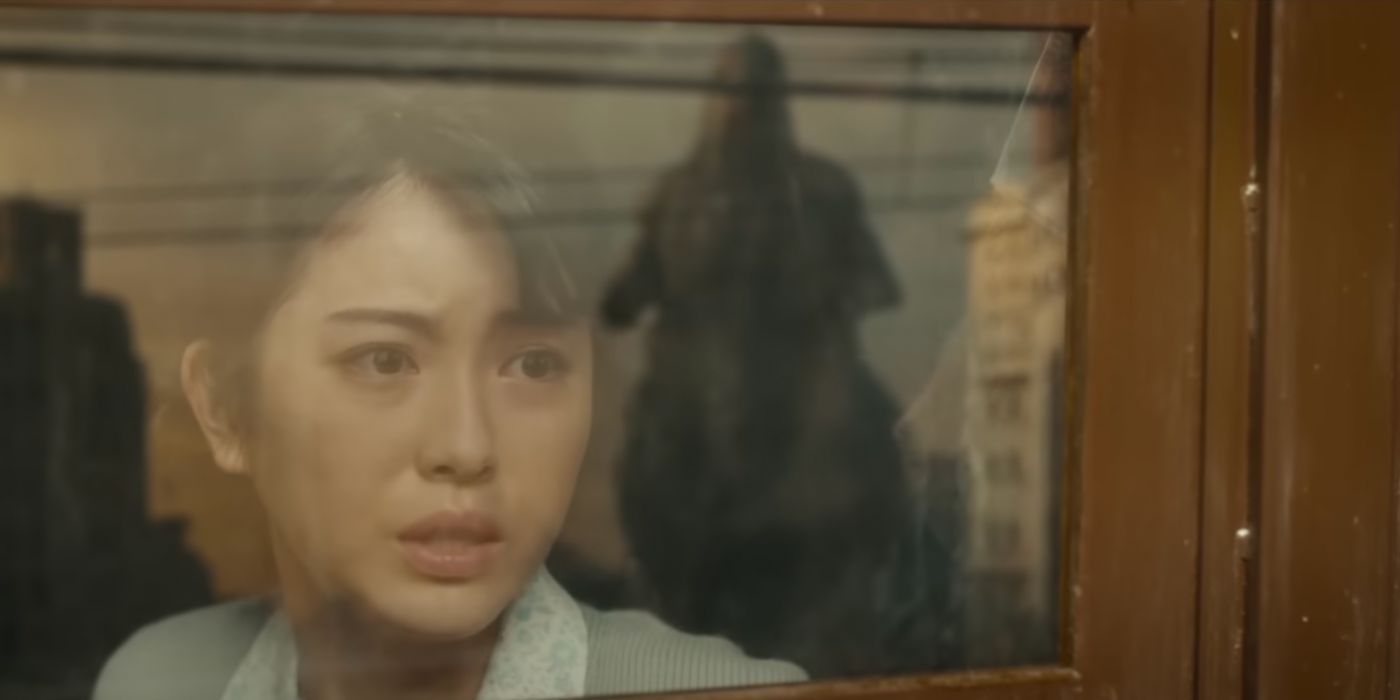
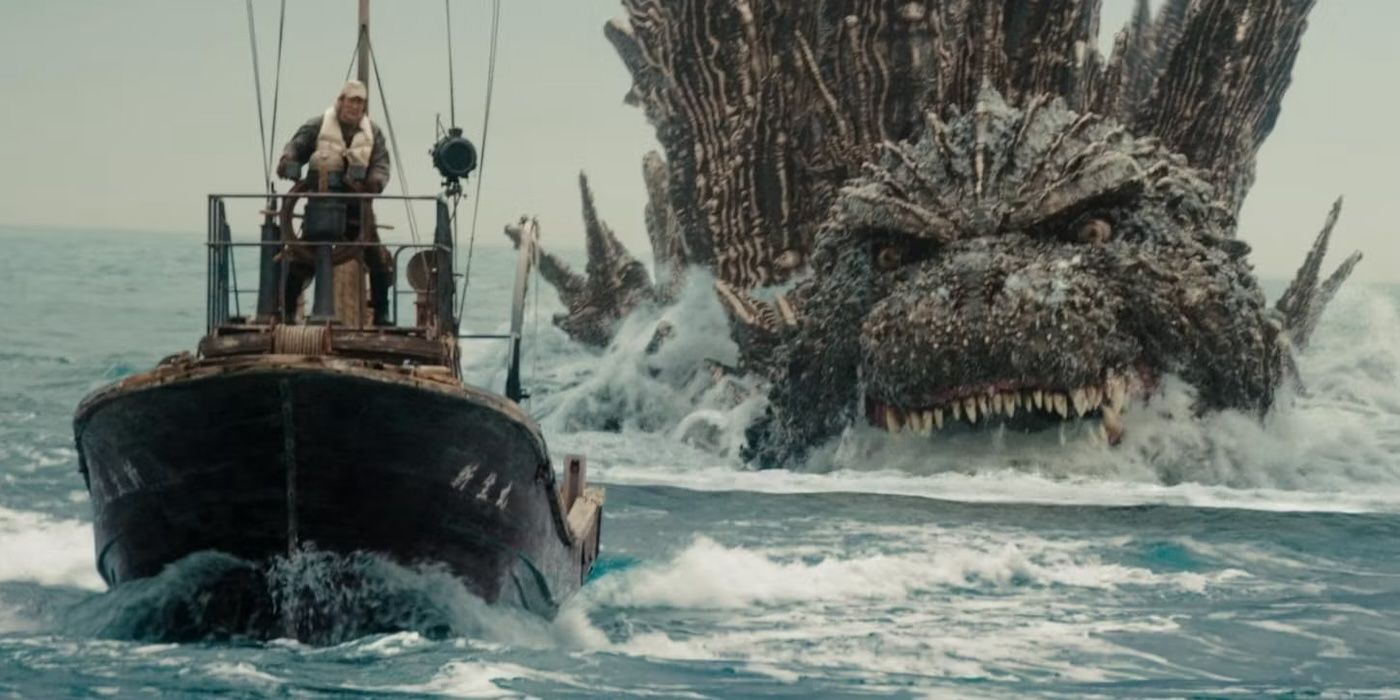
The idea behind Godzilla Minus One as the title is to indicate that Japan was at zero – the country’s lowest point – after World War II. From being on the opposite side of the war to the Allied powers of WWII to the nuclear attacks on Hiroshima and Nagasaki, Japan was in an incredibly dire state in the 1940s. In the film, Japan’s restructuring as a country is worsened immeasurably by the emergence of Godzilla and his subsequent attacks against the country. Therefore, the subtitle of Minus One indicates that Godzilla’s wave of terror has taken the country below zero.
Godzilla was originally created as an allegory for nuclear warfare, whose terrorization of Japan served as a metaphor for the horrors of war.
The real meaning of Godzilla Minus One‘s title stems from what the titular monster represents in the film, and what the Kaiju has symbolized in most iterations of Godzilla outside of the Monsterverse timeline. Godzilla was originally created as an allegory for nuclear warfare, whose terrorization of Japan served as a metaphor for the horrors of war. Godzilla Minus One reiterates this idea after the Monsterverse and Western media moved away from that concept, with the film being set in 1945 Japan.
How Godzilla Minus One’s Title Connects To The Story
Godzilla’s Nature As A Terrifying Monster Links To Minus One’s Title
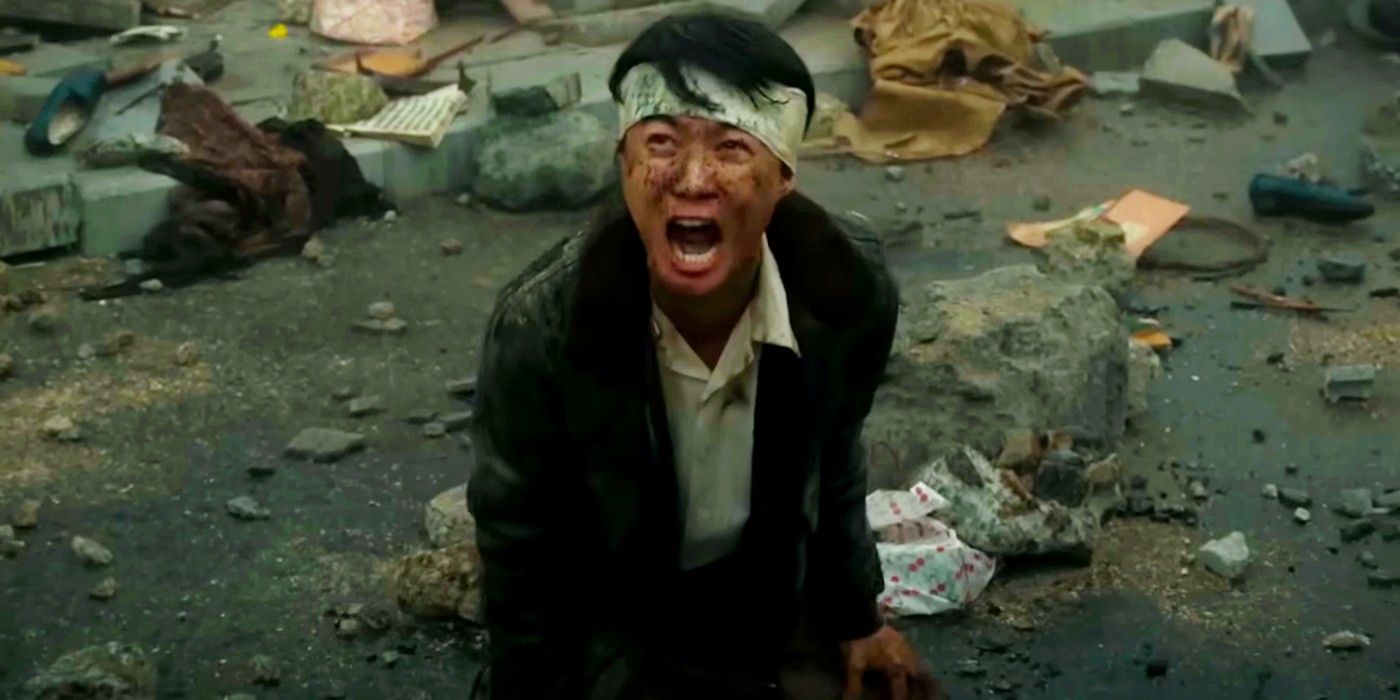
In terms of how Godzilla Minus One‘s title connects to its story, the main link is found through Godzilla’s depiction. In Western media of late, namely the Monsterverse, Godzilla has been depicted more as an antihero than the destructive force of nature he is usually shown as in Japanese filmmaking. However, Godzilla Minus One reverts to the stories of old in which Godzilla’s catastrophic actions were the instinctual rampages of a giant monster. As alluded to, these actions serve as the aforementioned metaphor for the horrors of warfare as opposed to Godzilla being a benevolent force for good.
In harkening back to this old meaning for Godzilla, Godzilla Minus One adequately depicts how devastating the titular Kaiju can be. In Godzilla Minus One, the creature holds none of the heroic aspects he does in the admittedly lower-ranked Monsterverse movies, instead serving only as a calamitous wave of ruin for the characters within the film and Japan itself. As such, Godzilla’s depiction perfectly mirrors the title of Godzilla Minus One, providing it with an apt amount of meaning regarding how the film views Godzilla and what the iconic Kaiju has always stood for in Japanese filmmaking.
Godzilla Minus One’s Title Is Very Different From Other Godzilla Movies
Godzilla Movie Titles Rarely Hold Deeper Meanings Like Minus One
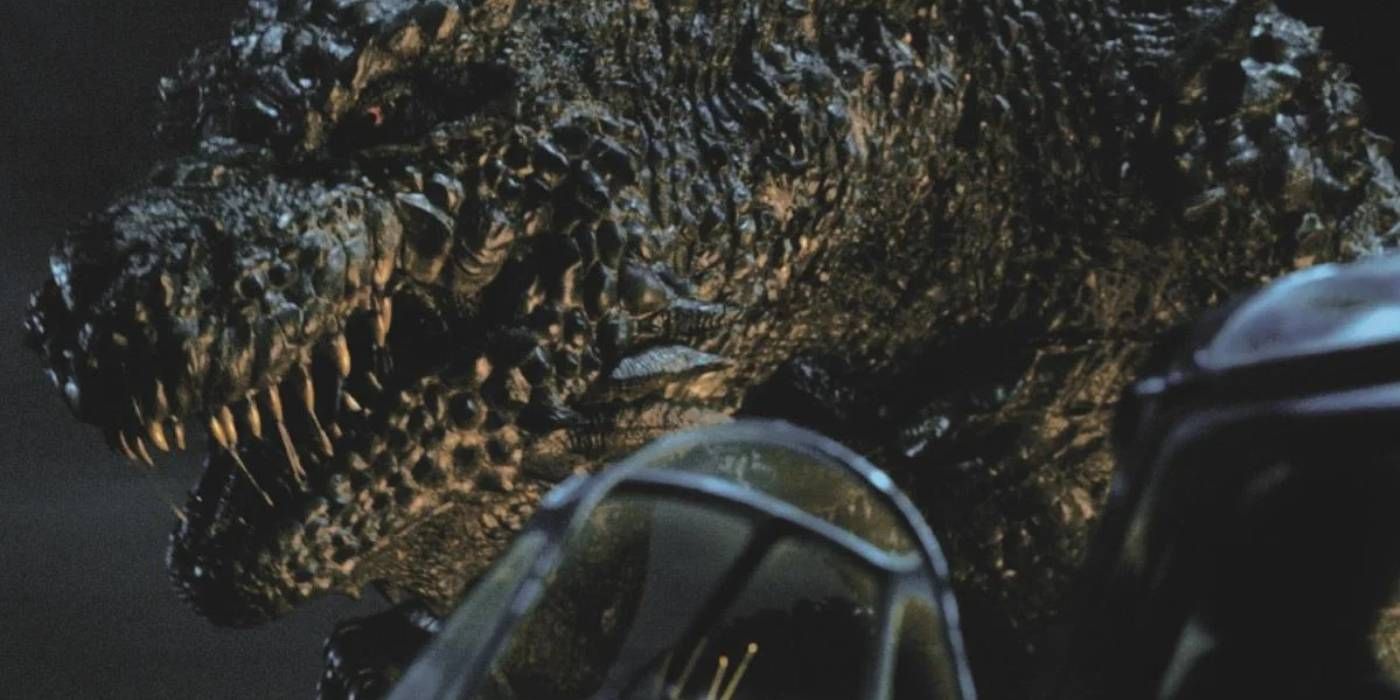
Aside from being counted among the best monster movies in recent years, Godzilla Minus One‘s differences from the other films in the franchise are evident. This extends to the title of Minus One which, as explored, holds a much deeper meaning than is often the case for the franchise. Usually, Godzilla titles are incredibly straightforward, giving audiences a brief and simple encapsulation of what the film will entail. The earliest entries in the franchise were simply titled Godzilla and Godzilla Raids Again, giving succinct summaries of each film.
Several entries involve Godzilla fighting against other Kaiju, with most titles echoing this with little need to include anything deeper.
Since then, a lot of the Japanese-made installments in the franchise have remained similarly direct. Several entries involve Godzilla fighting against other Kaiju, with most titles echoing this with little need to include anything deeper. Titles like King Kong vs. Godzilla, Mothra vs. Godzilla, Godzilla vs. Hedorah, and Godzilla vs. Mechagodzilla all sum up exactly what each respective movie offers. The same can be said for the various American-made entries into the franchise, from Godzilla: King of the Monsters to Godzilla vs. Kong. Conversely, Godzilla Minus One offers a more thought-provoking, interesting title.
Why Godzilla Minus One’s Title Is So Perfect
The Title Perfectly Sums Up The Story, Characters, & Themes Of Godzilla Minus One
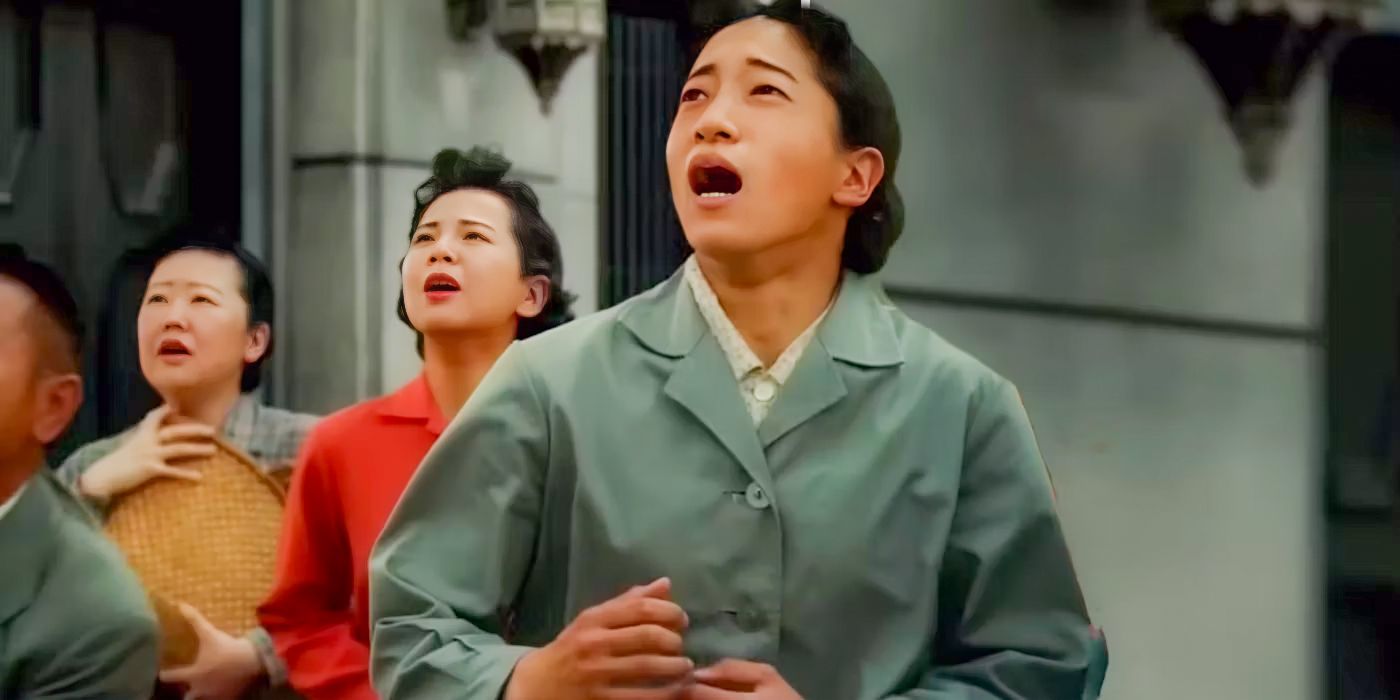
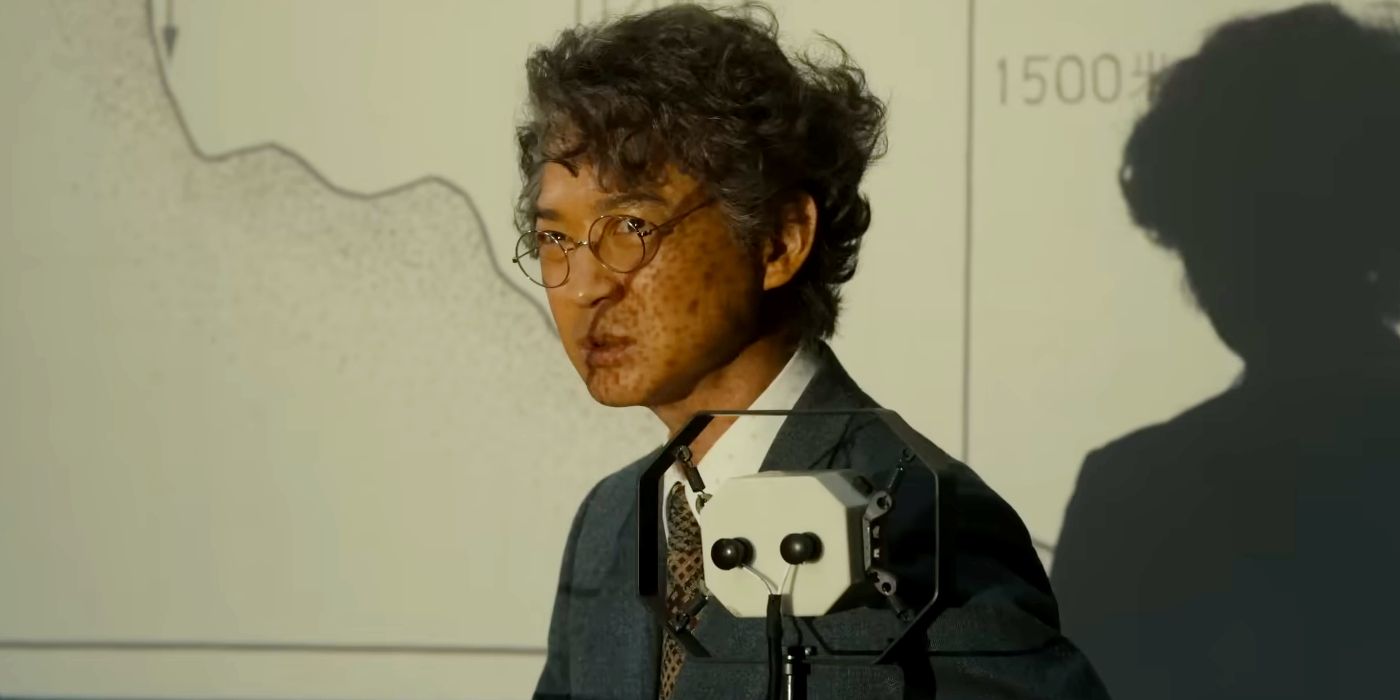
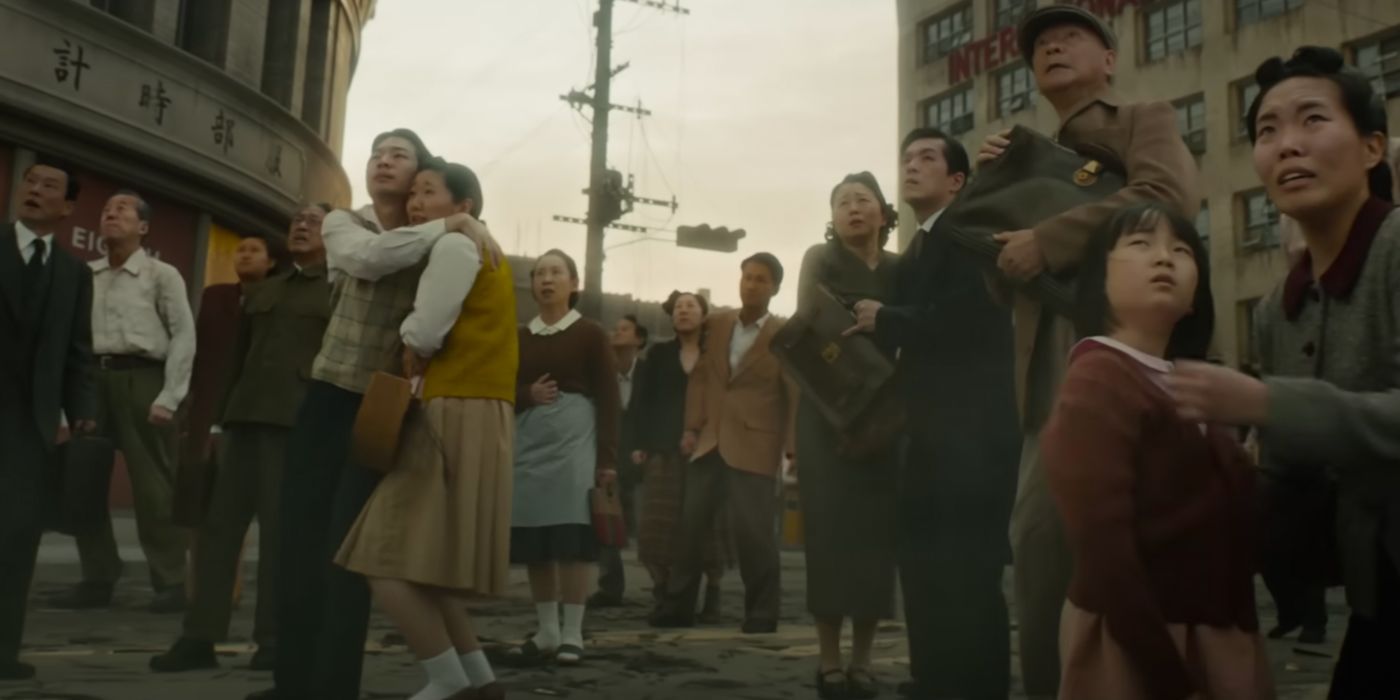
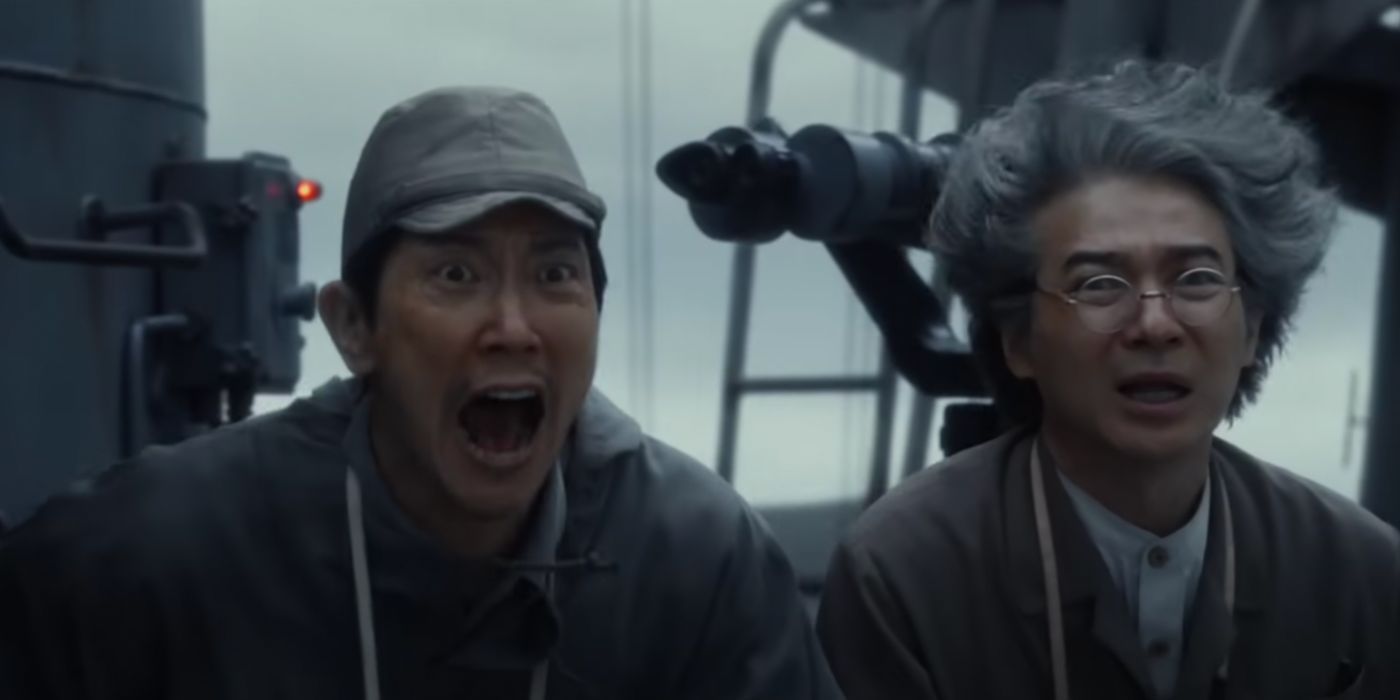

Thanks to the deeper meaning it holds, Godzilla Minus One‘s title is perfect. The film is incredibly bleak in its depiction of the monster’s attacks, as well as the themes of war, loss, and destruction. All of these dark themes coalesce under the single title of Minus One, truly exemplifying how the film portrays Godzilla as an allegory for the country in which it is set, helping the title match the quality that the film’s overwhelmingly positive reception reflects.
Godzilla Minus One’s Reception
Critical Rotten Tomatoes Score
Audience Rotten Tomatoes Score
IMDb Rating
CinemaScore Rating
98%
98%
7.9
‘A’
Similarly, Godzilla Minus One‘s title is perfect as it fits the theme of past titles, despite being so different from them. As mentioned, past Godzilla titles give a short, concise summary of what the films are that makes perfect sense after watching them. Godzilla Minus One does exactly the same. To those who have not watched the latter, the title may seem confusing. However, after watching Godzilla Minus One, it becomes incredibly clear what the film’s title is in reference to, solidifying it as a flawless subtitle for the titular Kaiju’s devastating rampage.





